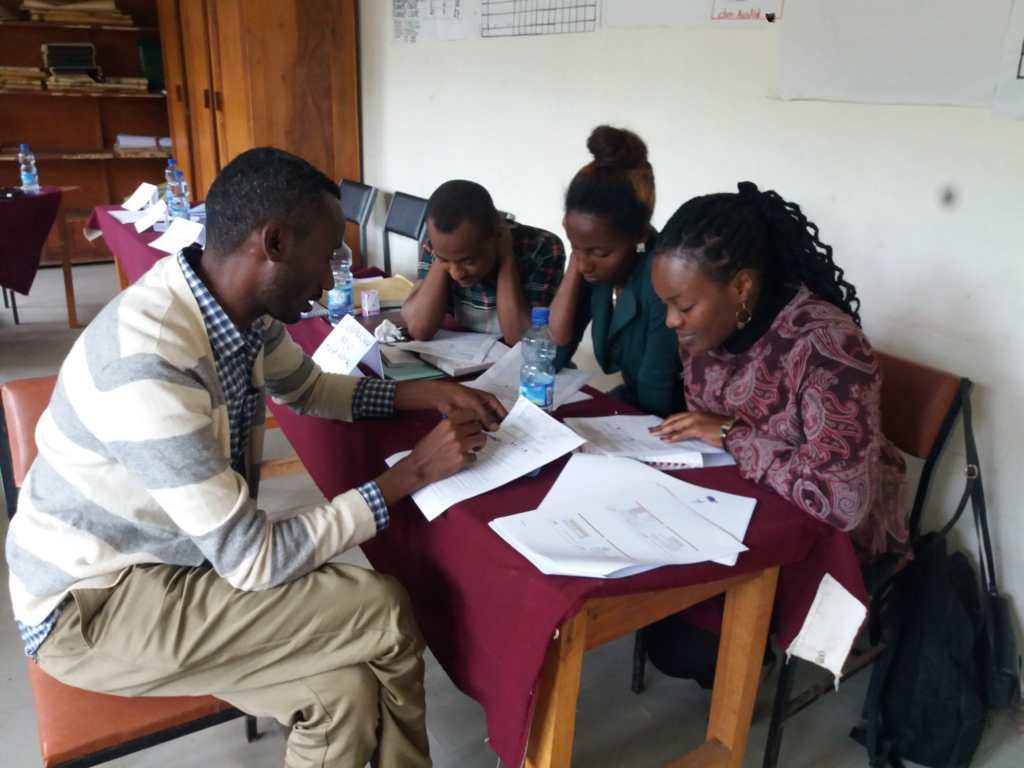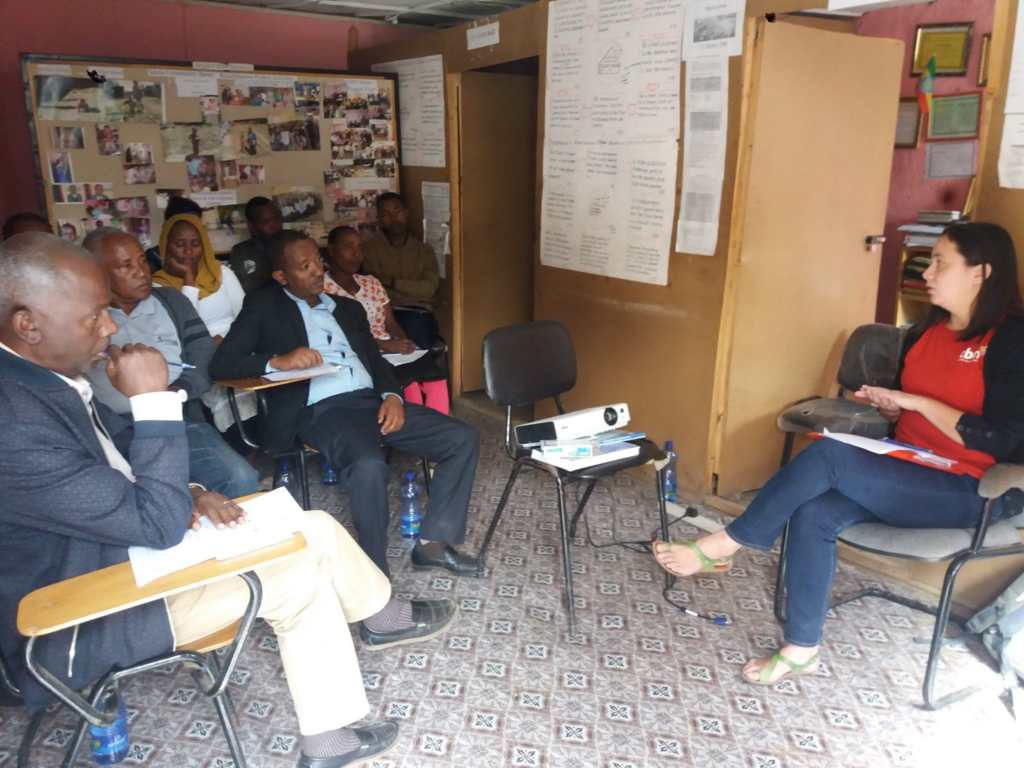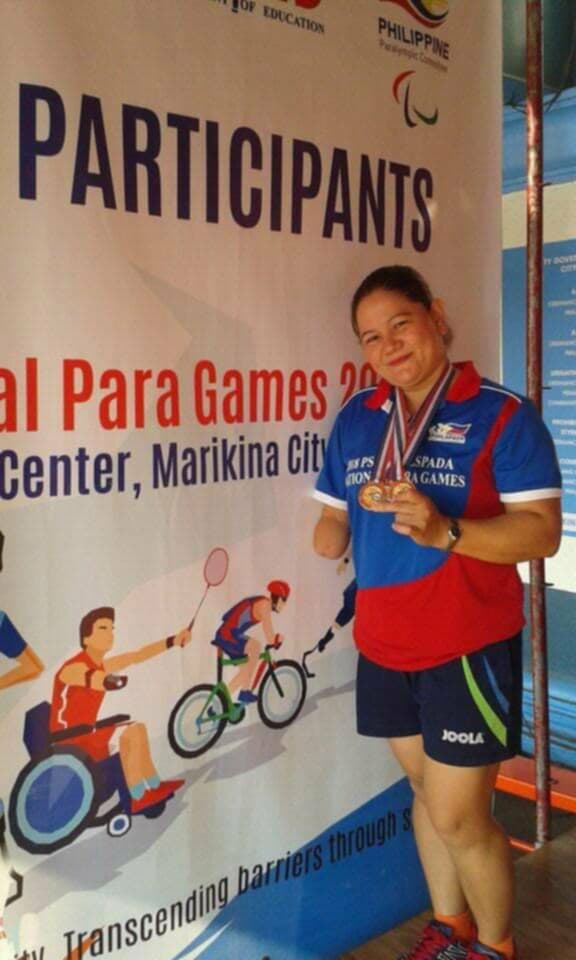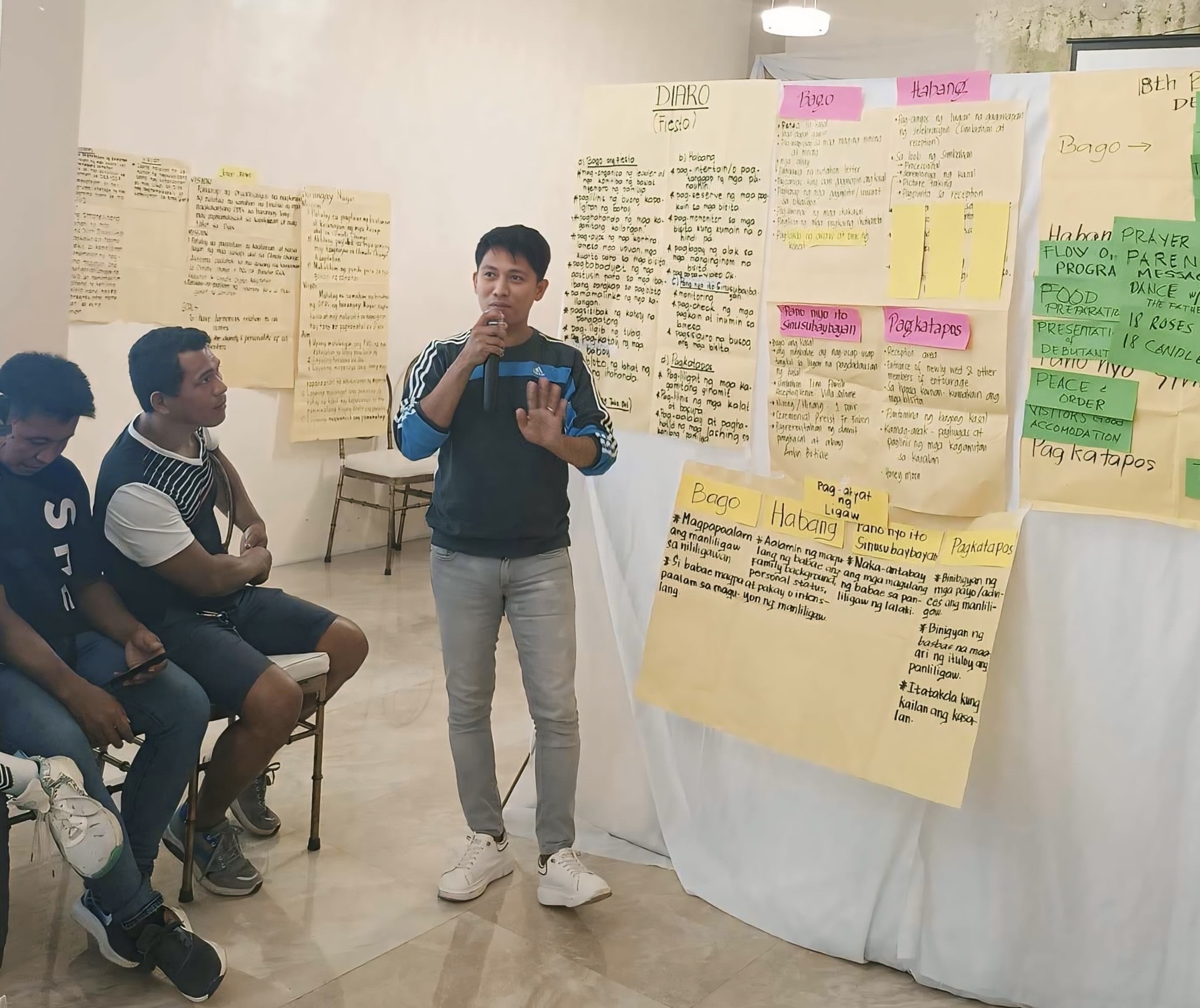New surveys in Ethiopia show our impact
Stories | February 11, 2022
For many years, CBM worked to change the lives of people with disabilities in Ethiopia. We conducted surveys in Ethiopia that showed how our work broke down the barriers to inclusion and demonstrated our impact.
We have a good model of Community Based Inclusive Development that works to identify people with disabilities and help them to access health services, get children with disabilities into school, change community attitudes, and get the local government involved.
Our International Programs team supported two of our partners in Ethiopia to conduct surveys with a couple of our community based programs to understand more about the difference we made.
Because the Selale project had been running since 2012 and the Jimma project only began in early 2018, we had a great opportunity to compare results and see the impact of our work over time.
We looked at:
- Resilience – how people with disabilities felt about their future
- Social inclusion – how involved they were in community life
- Self-acceptance – how they felt about themselves and their family
- Economic situation – their financial situation

What we found
Happier families
The surveys found that the most significant difference between the two projects was in terms of self-acceptance. The people with disabilities surveyed in Selale reported overall satisfaction with their family situation, whereas in Jimma, where work had only just begun, satisfaction levels were considerably lower.
Discrimination reduced
We were also really pleased to find a big difference in terms of levels of discrimination faced by people with disabilities in their communities.
Over 70 per cent of people with disabilities surveyed in Selale did not experience discrimination on the basis of disability. This demonstrated the impact of our work, supporting active Disabled Persons Organisations and awareness campaigns on the rights of people with disabilities.
By contrast, the project in Jimma showed much higher levels of stigma and discrimination. It was expected that in three to four years we would see similar results to Selale.
Economic support still needed
Survey results suggested that families of children with disabilities were better off compared to the previous year. It also showed that women and men with disabilities did not fare better than a year ago in either location.
This highlighted the need for further investment in livelihood related work for people with disabilities in particular.
The bigger picture
Overall, these results highlighted the significant impact Community Based Inclusive Development could have for people with disabilities.
People who participated in CBM partner projects in Ethiopia experienced increased confidence and acceptance within the family, and less discrimination in the community. This was often the first step for people with disabilities towards gaining an education, earning a living, making friends and becoming part of their community, often for the first time in their lives.

The Jimma project was supported by the Australian Government through the Australian NGO Cooperation Program (ANCP) and loyal CBM Australia supporters.
https://www.cbm.org.au/stories/surveys-ethiopia
Related Stories

Aiming for gold and championing the rights of people with disabilities
Minnie, a 40-year-old mother of two and Treasurer of...

Jay’s journey: from hiding his disability to advocating for change
Jay, a 31-year-old hairdresser from the Philippines and father...

The Blessed Life
Mary learnt the depths of the implications of living the blessed life. The angel Gabriel had told Mary that she was going to be pregnant with the Son of God....
